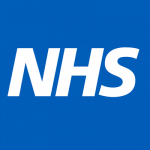Antimicrobial resistance (AMR)
Why is it important to understand antibiotics?
Antibiotics are a vital part of healthcare and have been used for many years to treat bacterial infections, e.g. pneumonia or urinary tract infections. However, antibiotics do not work when treating infections/illnesses caused by viruses, for example colds, flu, or runny noses. Remember most viral infections will get better on their own. Unnecessary use of antibiotics can cause some bacteria to be become resistant, known as antimicrobial resistance or AMR. This means the antibiotics are no longer effective and this can lead to more serious infections and complications.
Allowing antibiotic resistance to develop is a serious public health threat because resistant bacteria may spread in a community.
What are they used for?
Antibiotics are used to treat infections caused by bacteria. They work by preventing their growth or killing them.
What is the right way to take antibiotics?
Generally, antibiotics are only available on prescription from a registered healthcare professional such as a doctor, dentist, nurse or pharmacist. You should never buy antibiotics online and only take them on medical advice. Only a trained healthcare professional can make the correct diagnosis and decide whether your condition needs antibiotic treatment.
When taking antibiotics, it is important to follow the advice and always finish the prescribed course. Never misuse them by finishing the course early, share them with anyone else, or save them for later use.

Why might taking antibiotics lead to resistance?
The misuse of antibiotics is one of the reasons why antibiotics lose their effectiveness and bacteria become resistant to antibiotics.
It is important to remember that is it not YOU who is resistant to the antibiotics, but the bacteria are able to defeat the antibiotics designed to kill them.
What are the side effects of taking antibiotics?
Common sides effects include:
- Rash
- Dizziness
- Diarrhoea
- Yeast infections (thrush)
- Nausea
Get immediate help if you experience:
- Severe and life-threatening allergic reactions such as hives, wheezing, shortness of breath or feel like your throat is closing or choking.
- Severe diarrhoea – it could be a symptom of C. difficile infection*. Contact your GP for advice if diarrhoea continues after the course completion.
Also refer to the specific antibiotic information leaflet for the full list of possible side effects.
What can you do to help?
- Staying healthy can help to avoid needing antibiotics!
- Cleaning hands by washing with soap and water for 20 seconds or using a hand sanitizer.
- Covering your mouth and nose with a tissue when you cough or sneeze or use the inside of your elbow.
- Getting recommended vaccines, such as
- the flu or COVID vaccine.
A world without antibiotics
It is important to look after our precious resource of antibiotics. If we don’t use antibiotics wisely, we may see a future where many routine treatments and surgery will become increasingly dangerous.
Routine operations, such as hip replacements, and cancer treatment i.e. chemotherapy all rely on antibiotics to work.
Please remember:
- Antibiotics won’t work in the case of a cold or the flu.
- Keep antibiotics working, only take them when your healthcare professional advises them.
- Follow your health professional’s advice on when and how to take antibiotics.
- Take left over antibiotics to your pharmacy for safe disposal.
- Never use ‘left-over’ antibiotics.
DON’T FORGET: Keeping antibiotics effective is everybody’s responsibility
Further information:
Get in touch with us: bobicb.ipc@nhs.net

